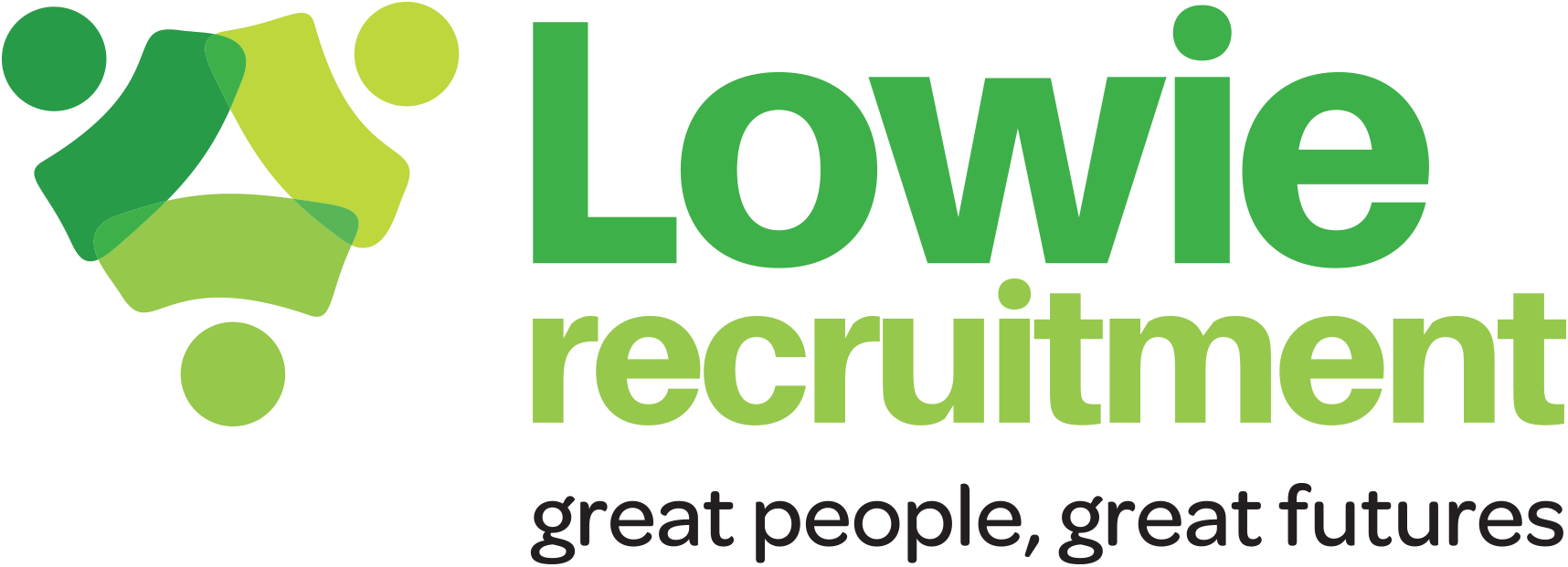Diversity, equity and inclusion (DE&I) aren’t just buzzwords in today’s job market — they’re key drivers of business success. Creating a workplace where everyone feels valued for their unique background, experiences and perspectives doesn’t just make moral sense, it brings fresh perspectives, fosters innovation, and builds stronger, more adaptable teams.
In fact, McKinsey research shows that companies with diverse teams are 35% more likely to outperform their less diverse counterparts.
Defining Diversity, Equity and Inclusion
Before diving deeper, it’s important to understand the fundamentals:
- Diversity: Recognising and valuing differences among people, such as race, ethnicity, gender, age, religion, disability, and more.
- Equity: Ensuring fair treatment, access, and opportunities for all, while striving to identify and eliminate barriers that prevent full participation.
- Inclusion: Building a culture where everyone feels a sense of belonging, connection and acceptance, allowing them to thrive.
In workplaces that prioritise DE&I — whether it’s a corporate head office, a tech startup, a healthcare provider, or a government agency — employees are more empowered, engaged, and productive.
Why This Matters?
1. Boosts Innovation and Problem Solving
Diverse teams don’t just think differently — they challenge the status quo and create more innovative solutions. When employees feel safe to voice ideas and challenge norms, organisations become more agile, crucial in both public and private sectors.
Teams that include people from different backgrounds, cultures, genders, age groups, and experiences are more likely to bring unique perspectives to the table. This diversity of thought leads to creative problem solving — vital in industries like logistics, healthcare, professional services and government agencies, where practical, real-time solutions are needed.
💡 A team with staff from varied cultural and linguistic backgrounds may identify more empathetic ways to engage with diverse clients, leading to stronger customer relationships and messaging that speaks to a broader cross-section of the community.
2. Expands Your Talent Pool
Today’s job seekers, especially Gen Z and Millennials, place huge importance on DE&I when considering employers. A 2024 Workmonitor report found that 31% of New Zealand workers wouldn’t accept a job if the company wasn’t making proactive diversity efforts.
By building an inclusive workplace, you attract a wider range of candidates — including those who may have previously felt overlooked or undervalued. This is especially crucial in industries facing skills shortages, such as aged care, public service and manufacturing, where tapping into underrepresented talent can help fill essential roles.
💡 Offering flexible hours and inclusive hiring practices could attract working parents, career-changers, or neurodiverse candidates who bring dedication and attention to detail to roles that require consistency and reliability.
3. Improves Employee Engagement and Retention
A workplace that actively values inclusion creates a stronger sense of belonging. Employees who feel heard and respected are more likely to stay, grow, and invest in the organisation’s long-term success.
This is especially important in the public sector, where engagement and trust are fundamental to effective service delivery.
💡 In professional services or a public sector team, inclusive leadership and active listening can make employees feel heard and supported, encouraging them to contribute meaningfully and stay engaged in their work.
4. Strengthens Your Reputation
Today’s clients, consumers, and job seekers are more socially conscious than ever. Organisations that champion DE&I not only enhance their brand reputation but also become employers of choice.
💡 Promoting your inclusive values on your careers page, social media, and during the recruitment process shows job seekers and stakeholders that you care about more than just qualifications—you care about people, equity and fairness.
5. Reduces Conflict and Builds Stronger Teams
When inclusivity is built into your workplace culture, your team is more likely to respect one another’s differences and collaborate effectively. Investing in diversity and inclusion training helps reduce misunderstandings and fosters a more harmonious, productive workplace.
💡 In busy environments where employees work closely under pressure, encouraging inclusive, open communication and teamwork can make all the difference in reducing misunderstandings and boosting efficiency on shared projects.
Creating an Inclusive Workplace Culture
Ready to make inclusion a priority? Here are a few steps you can take:
- Review your hiring practices – Are your job ads welcoming to diverse applicants? Are your interviews inclusive?
- Offer flexibility – There’s no one-size-fits-all solution. Understand your workforce’s needs and preferences, whether that’s flexible working options, accessible facilities, or tailored career development pathways.
- Provide training – Educate your team on unconscious bias and inclusive behaviours. This can include bias training, inclusive hiring practices and diverse interview panels to ensure all candidates, regardless of their background, have equal opportunities to succeed.
- Encourage feedback – Give your employees a voice and actively listen to their concerns and suggestions. Utilise employee resource groups, anonymous surveys and suggestion boxes to encourage employee participation.
- Lead from the top – McKinsey’s 2023 report shows organisations with diverse leadership teams are 39% more likely to outperform their competition. This holds true across all industries, particularly for government bodies and white-collar industries, where visible support from senior executives and agency heads sets the tone for the entire organisation.
Prioritising diversity, equity, and inclusion benefits everyone — employees, employers, and society at large. Whether you’re leading a multinational corporation, managing a government agency, or growing a professional services firm, building a truly inclusive workplace will position your organisation for long-term success.
How Lowie Recruitment Supports Diversity and Inclusion
At Lowie Recruitment, we’re committed to helping businesses build inclusive, high-performing teams. We support our clients by providing access to a diverse talent pool and offer guidance on fair and equitable recruitment practices that reflect your values and your workforce goals.
Looking to strengthen your workforce through diversity and inclusion? Get in touch with the team at Lowie Recruitment today.

